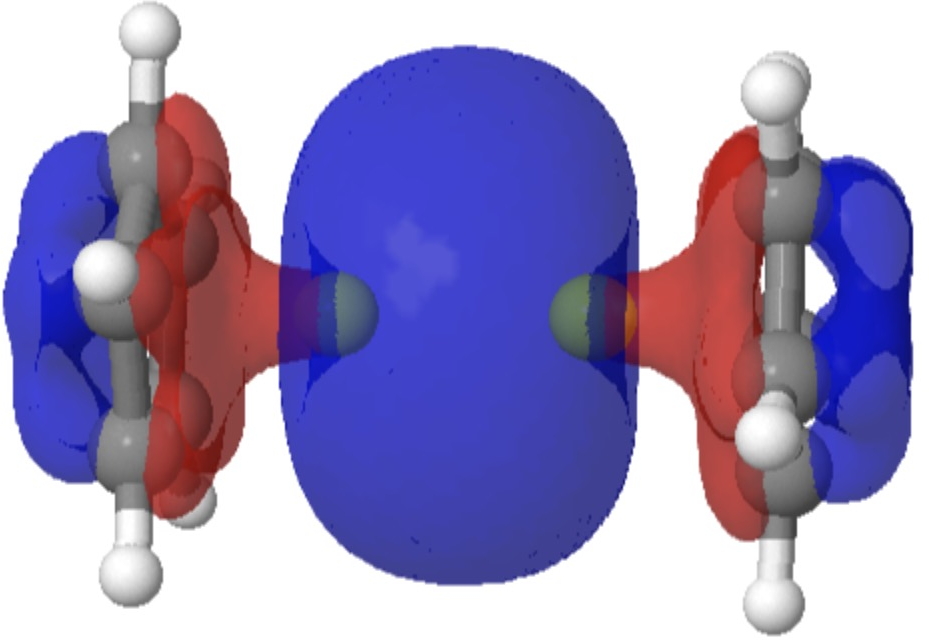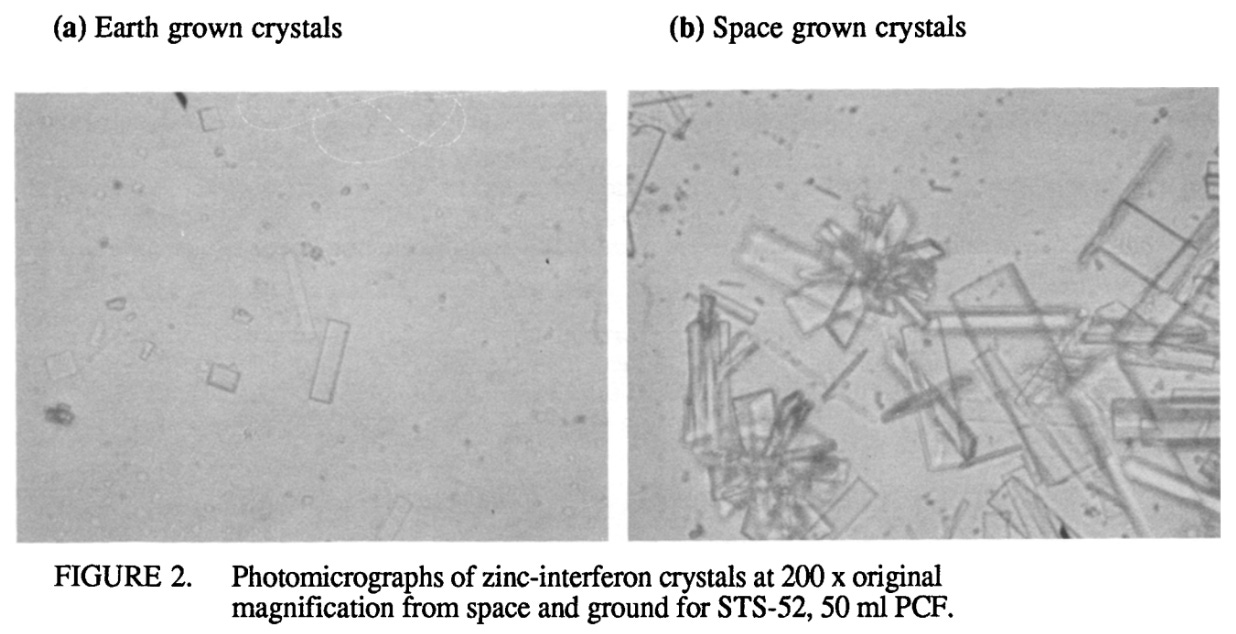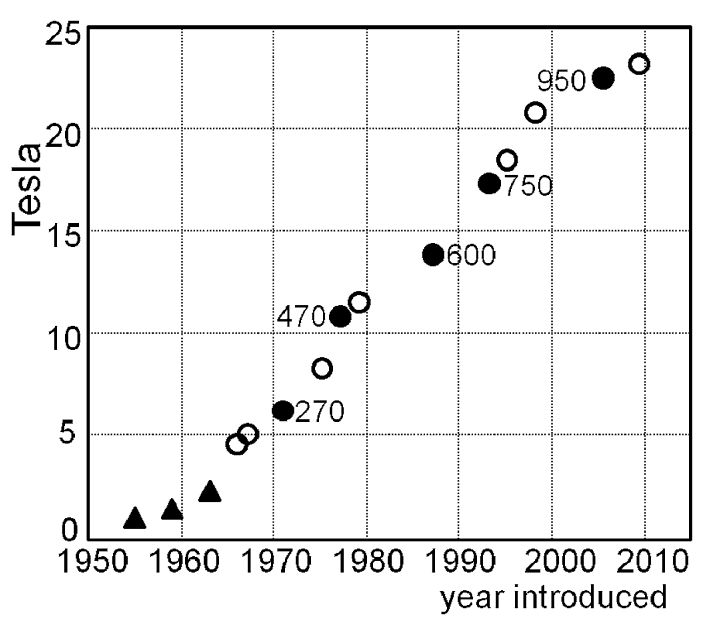
You are a scientist, not a lab monkey. You ought not to view your degree as “six years of hard labor in the chemistry mines.” Always make time to go to interesting seminars, talk with other people about their research, and read the literature. Otherwise, what’s the point of being a scientist? Only one person is really looking out for your best interests: you.



